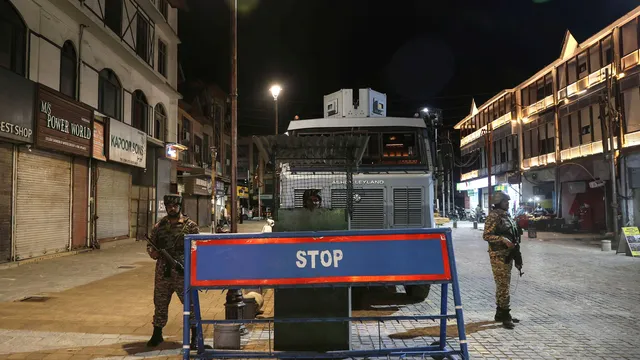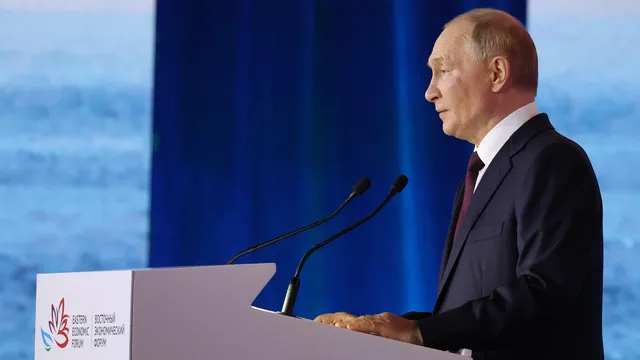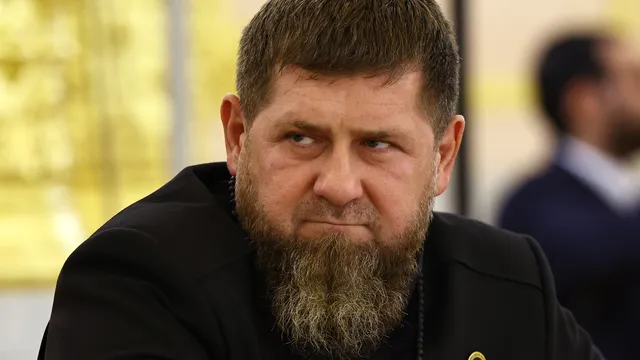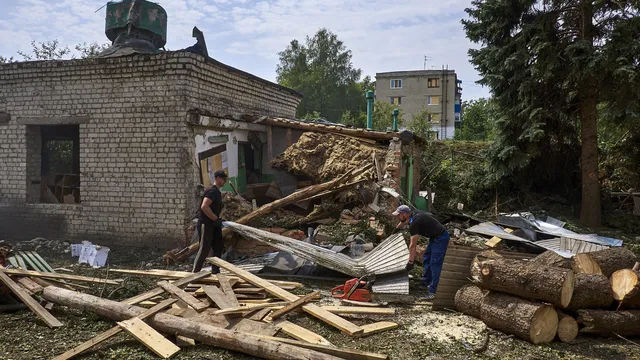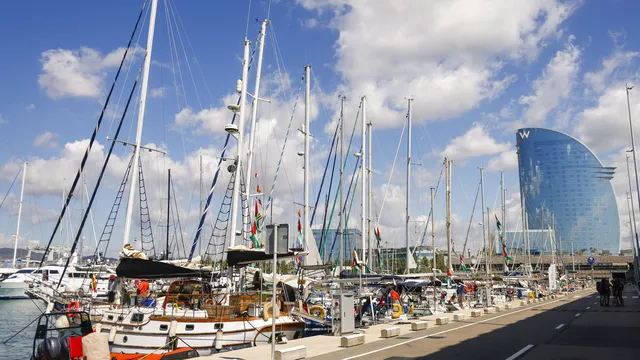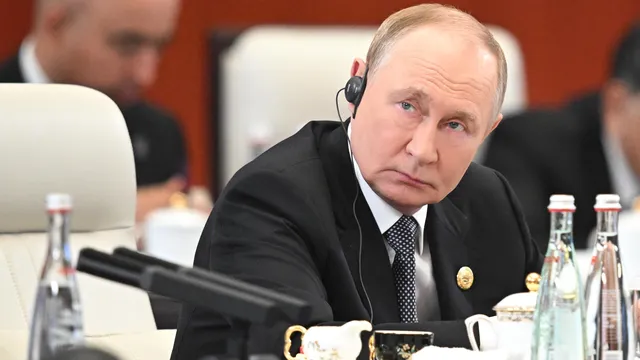Pakistan said it had launched retaliatory actions amid a significant escalation of tensions between the two nuclear powers.
The Indian government announced that it had attacked nine targets, describing them as "precision strikes on terrorist camps" in the Pakistan-controlled part of Kashmir, days after accusing Islamabad of a deadly attack in the Indian part of the disputed region.
Three civilians, including a child, were killed in the strikes, which hit at least five locations, Pakistani Defense Minister Khawaja Muhammad Asif said.
"Retaliatory measures have already begun. It won't take us long to settle the score," he added, accusing Indian Prime Minister Narendra Modi of launching the strikes to "bolster" his popularity at home.
Earlier, the Pakistani military said the five locations included three in Pakistan-administered Kashmir and two—Bahawalpur and Muridke—in the densely populated province of Punjab.
Shortly afterwards, India accused Pakistan of firing artillery at the Line of Control (LoC), the de facto border in Kashmir.
India was widely expected to respond with military action to the April 22 attack on tourists in Indian-administered Kashmir by armed men believed to be from the Pakistan-based Lashkar-e-Taiba group, designated by the UN as a terrorist organization.
The attack killed 26 people, mostly Hindus, in the tourist town of Pahalgam. No group claimed responsibility for the attack.
New Delhi accused Islamabad of supporting the attack, which sparked a series of sharp threats and diplomatic retaliatory measures.
Pakistan has rejected the accusations and, according to the Indian army, the two sides have been exchanging nighttime fire along the LoC since April 24.
Pakistan also claims to have conducted two missile tests.
The May 7 strikes are a dangerous escalation of tensions between the South Asian neighbors, who have fought multiple wars since gaining independence from Britain in 1947.
For days, the international community has been pressuring Pakistan and India to pull back from the brink of war.
"The world cannot afford a military clash between India and Pakistan," said UN Secretary-General Antonio Guterres' spokesman Stephane Dujarric, adding that Guterres called for "maximum restraint."
Asked about the strikes, US President Donald Trump said he hoped the fighting would "end very quickly."
The Indian Embassy in Washington said New Delhi's national security adviser Ajit Doval had informed US Secretary of State Mike Pompeo after the strikes.
The Indian army said in a video posted on its Twitter account after the strikes that "justice has been done," with New Delhi adding that its actions "were targeted, measured, and non-escalatory."
"No strikes were carried out on Pakistani military targets. India exercised considerable restraint in the selection of targets and methods of execution," it added.
Pakistani Prime Minister Shehbaz Sharif called the Indian attack "unprovoked" and "cowardly" and added that "this heinous act of aggression will not go unpunished."
Indian fighter jets were heard flying over Srinagar, the capital of the Indian-administered part of Kashmir.
Loud explosions were also heard in the town of Poonch, just 16 kilometers from the line of control.
Rebels in Indian-administered Kashmir have been fighting for independence or union with Pakistan since 1989.
India regularly accuses its neighbor of supporting armed groups fighting against its forces in Kashmir, a charge Islamabad denies.
Iranian Foreign Minister Abbas Araghchi is expected in New Delhi on May 7, two days after a visit to Islamabad, as Tehran tries to mediate.
India will also hold several civil defense drills at that time. Meanwhile, schools in Pakistan's Punjab province are closed, local government officials said.
The strikes came just hours after Modi announced that water flowing across India's borders would be stopped. Pakistan warned that interference with rivers flowing from India into its territory would be an "act of war."
Modi did not specifically mention Islamabad, but his speech came after New Delhi suspended its part of the 65-year-old Indus Water Treaty, which regulates water critical to Pakistan for consumption and agriculture.
"India's water used to flow out, now it will flow for India," Modi said in a speech. | BGNES

 Breaking news
Breaking news
 Europe
Europe
 Bulgaria
Bulgaria
